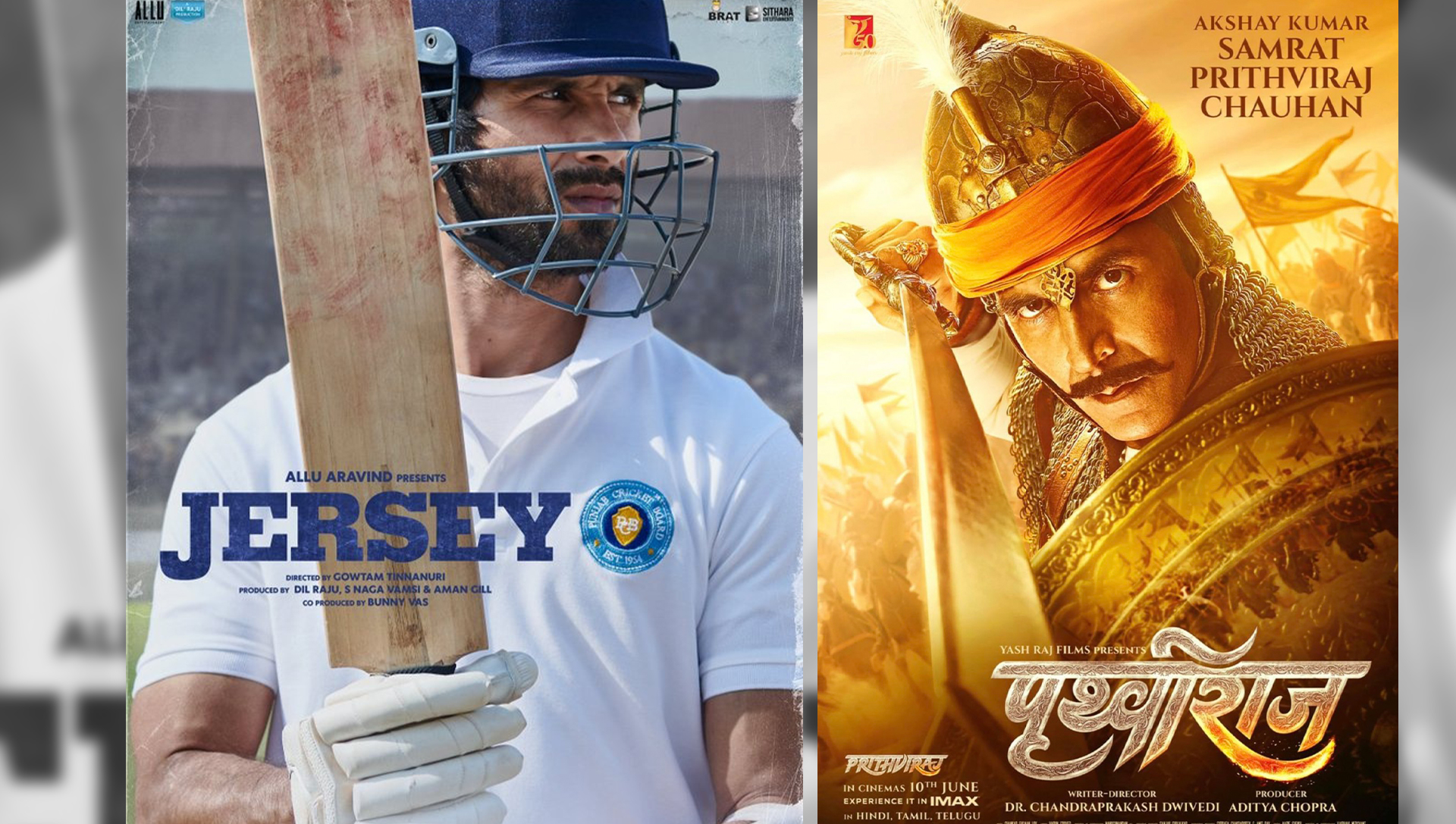BENGALURU: Since April, barring ‘Bhool Bhulaiyaa 2’, a spate of Bollywood films have tumbled disastrously at ticket windows. Almost all these movies, which featured A-list stars, didn’t even fetch decent initials and sank without a whimper.
This is perhaps one of the worst phases Bollywood has seen in a long time. However, producers of some of these films – which were colossal clunkers at the box office – haven’t lost money because of the cushion of digital and satellite rights. There are a lot of random figures being bandied about in the media about the price at which digital and satellite rights are being sold.
A section of the media, which isn’t au courant about the dynamics of Bollywood business, injudiciously dubs a movie successful or a dud based on arbitrary surmises. Sometimes the producers and actors, through their PR machinery or interviews, also whip out self-aggrandising spiels.
The prevailing maxim in trade circles for aeons is that for a movie to be called a hit, everyone in the chain – producers, distributors and exhibitors – have to make money. If a producer has raked in the moolah by selling films at phenomenal prices but the distributors are losing money, then such films are never called successful.
So, are all these bummers recovering their budgets through digital and satellite rights?
Talking exclusively with The New Indian, the veteran trade pundit Komal Nahta debunked such notions. “Look at the recently-released ‘Samrat Prithviraj’. It was made at a budget of Rs 220 crore and has crashed at the turnstiles. The producer – Aditya Chopra – will incur loss even after accounting for digital and satellite rights. I can rattle off the names of many movies which have proved losing propositions for producers even after revenues from digital and satellite rights,” he said.
He continued: “Secondly, a movie which has been resoundingly rejected by the audience can’t be called a success even if it recovers its budget through satellite and digital rights. Take the example of Shahid Kapoor’s ‘Jersey’. The movie hardly managed to collect Rs 20 crore nett which is a very poor number but the producer recovered the budget through digital and satellite rights. But that doesn’t mean it’s a success. Had ‘Jersey’ clocked up Rs 80 crore nett, I would have called it a success but not if it does just Rs 20 crore. The same goes for ‘Jayeshbhai Jordaar’.”
“We can include the revenue from digital and satellite rights while passing the verdict but a film has to do at least decent business depending on the budget and star cast. A film that is comprehensively snubbed by viewers can’t be a success. Also, just recovering the budget isn’t enough. A film has to make good profits for it to be called a hit,” Nahta firmly stated.
“Lastly, everyone in the value chain must earn money, not just producers. If a producer has made heaps of money but other stakeholders are copping massive losses, such a film is a big flop,” he clarified.
Girish Johar, a producer and film business expert, asserted that in many cases, the chatter about digital and satellite rights is a mere eyewash.
“See, sometimes producers dish out such numbers for digital and satellite rights of their films to create a perception among common people which is contrary to the truth. How a film performs at the box office manifests in its viewership on OTT platforms and satellite channels as well. So when a movie tanks badly, many times the deals for digital and satellite rights are renegotiated. The stakeholders refuse to pick up rights at huge sums when a film comes a cropper,” he informed.
“In some cases, OTT platforms and satellite channels have even refused to take delivery and cancelled deals when a movie was brutally rejected by the audience. Surely, digital and satellite rights are a plus for producers and many movies are being made purely because makers managed to sell the rights at good prices. But it’s not like stakeholders are blindly splurging money on bad movies,” he said.
So, how much money do movies of A-list stars fetch? Usually, it depends on film to film and the entire set-up that includes star-cast, director and producer. A big-budget movie top-lined by Shah Rukh Khan, Aamir Khan and Akshay Kumar bags in the tune of Rs 90-120 crore. If a film is a massive blockbuster like ‘Dangal’, the price shoots up.
Salman Khan has a deal with a satellite channel and OTT platform. He usually takes digital and satellite rights of his movies, when working outside his banner, as a fee which amounts to approx. Rs 140 crore.
The movies of other A-list stars such as Ranveer Singh, Ranbir Kapoor, Varun Dhawan, Shahid Kapoor and Tiger Shroff get around Rs 60-70 crore for digital and satellite rights. Again, the prices can vary according to the set-up and box-office performance of movies.










